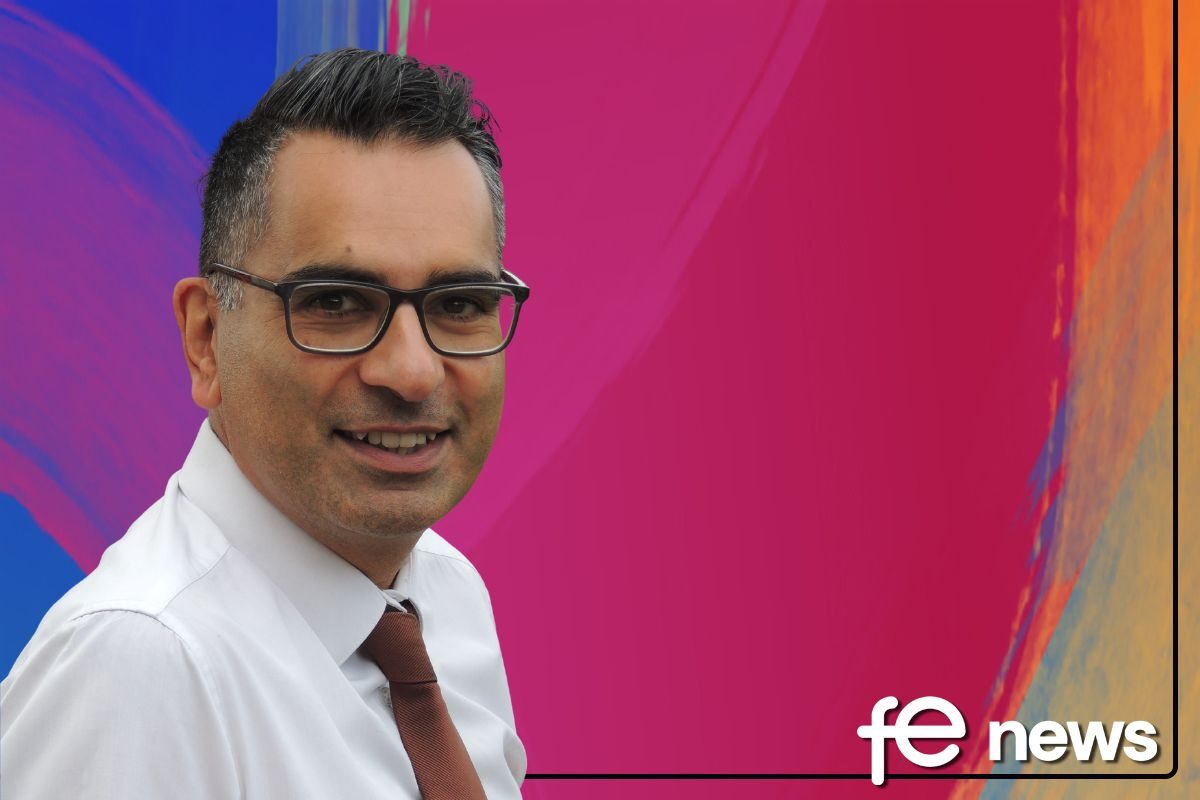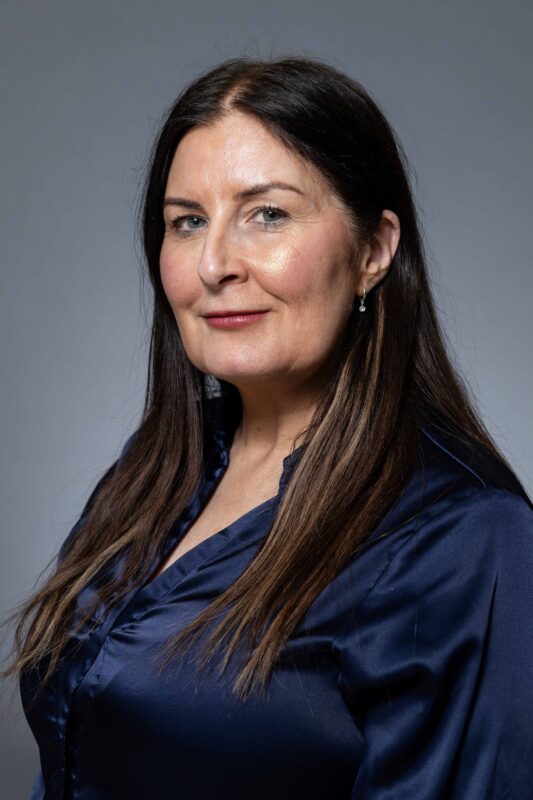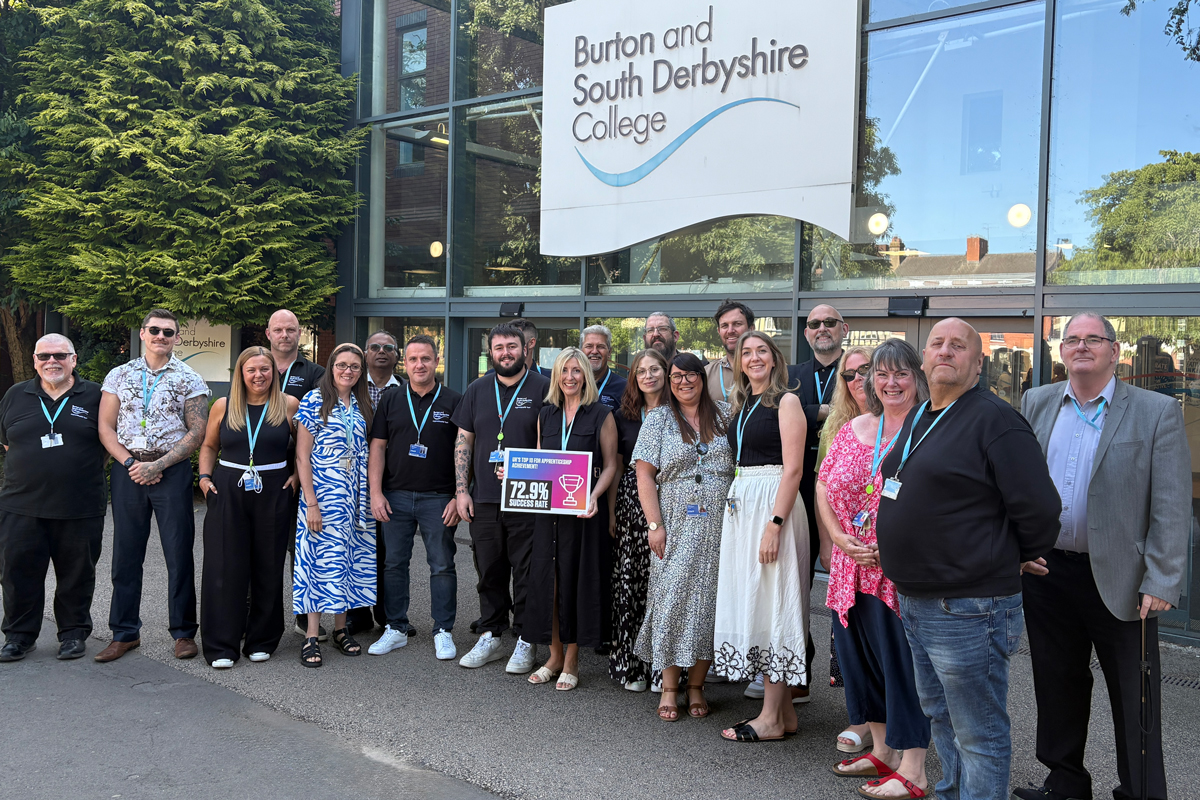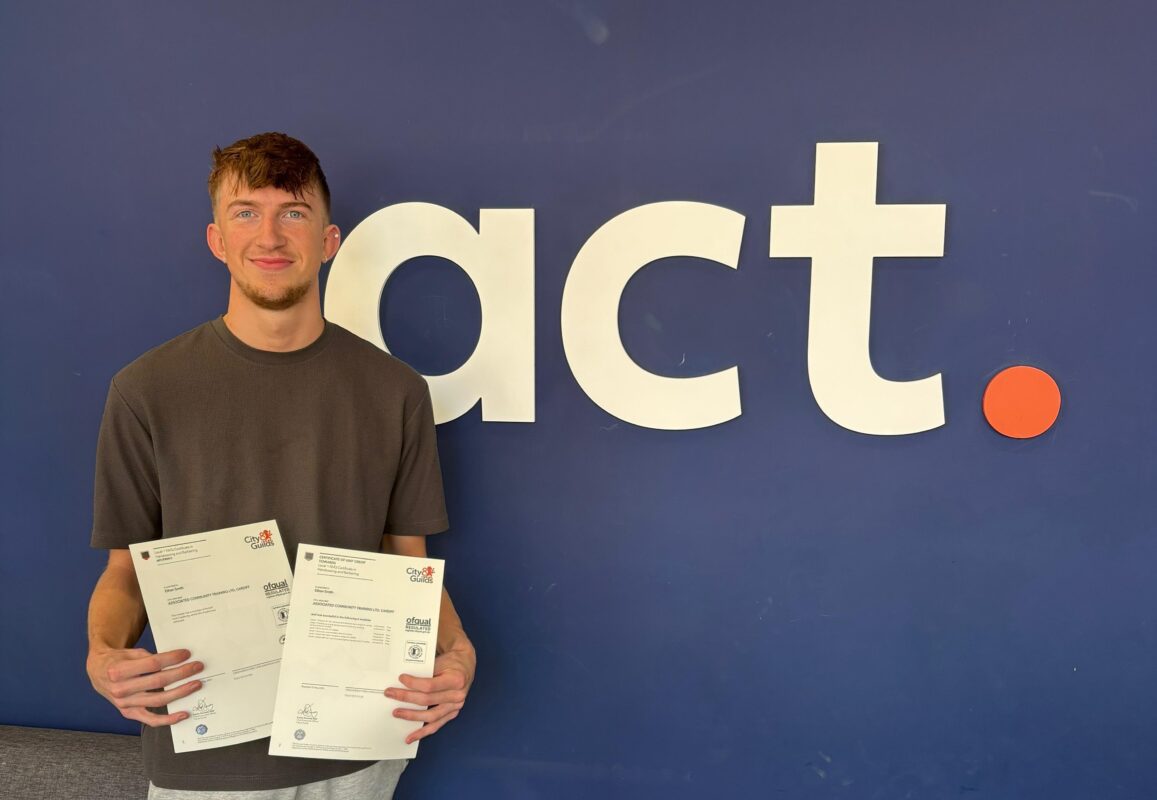The Thinking School – developing a learning environment for Thinking Teachers

Kulvarn Atwal, author of The Thinking Teacher, How to transform your mindset and your teaching, published by John Catt Educational, discusses creating a reflective learning environment for teachers
I have been working in schools for over twenty years and a headteacher for over ten. Throughout my career, I have been fascinated by the power of staff professional learning and its impact upon student outcomes. I believe it to be the greatest untapped resource in our schools and by focusing our energies on staff learning, we can have the greatest possible impact on our students’ learning. I would like to share some strategies that enable teachers to become thinking teachers.
During my doctoral research I investigated the quality of staff learning in a range of different workplaces, including factories, building sites and hairdressing salons. I found that in the very institutions where the core business is learning – schools and colleges – the actual quality of teacher learning is relatively poor.
I specifically explored factors that impacted upon teacher engagement in professional learning. I concluded that schools and colleges differ in the extent to which they offer an expansive learning environment for staff, and that leaders are crucial in determining the quality of professional learning.
We can create a really effective learning environment for adults by promoting a specific range of professional learning activities. By empowering teachers to engage in these formal learning activities, we create a mindset and a culture in our school or college, which supports informal learning amongst the staff team.
The Thinking School
In 2019, I published the findings from my research in a book entitled ‘The Thinking School’. I argue that more learning takes place informally in schools, than can ever take place during formally designated times – staff meetings after school or the designated five training days per year.
We can purposefully create an environment in our schools which will encourage the development of informal learning. By doing so we can create a truly dynamic learning community. A community in which teacher thinking and learning is as valued as student thinking and learning.
I designed a conceptual framework to implement a series of formal learning activities, which generate an environment that actively encourages informal professional learning. As a consequence, we develop thinking teachers, and this makes the job of school leadership a lot easier.
The Thinking Teacher
The greatest factor that impacts on the quality of students’ learning in schools and colleges is the quality of teaching, and the greatest influence on the quality of teaching is the quality of teacher learning. The key then for leaders is to create an environment in which teachers have regular opportunities to learn and reflect, in order to develop their practice.
Engagement in research is a crucial activity that enables teachers to think deeply and become empowered critical decision-makers in the classroom. What I am arguing for, is the development of a culture in schools and colleges in which there is an expectation that teachers engage in an ongoing cycle of improvement.
I believe that the traditional forms of continuing professional development (CPD) on offer to teachers in our schools has been relatively poor. Too much CPD is short term and not contextualised in practice.
How effective are the courses and conferences that teachers in your setting attend? They may value the opportunity to have a day out of school, but what is the actual impact on their own and colleagues’ practice? As effective as they may currently be, we can be much more productive in our settings in leading opportunities for staff learning.
Five key strategies to develop thinking teachers:
- Research-based practice
Provide opportunities for teachers to research. In the thinking school, all teachers are engaged in research; sometimes individually, but mostly collaboratively. They investigate their own and each other’s practice in a continual cycle. We provide 60% of the cost towards every teacher undertaking a Masters (MA). This enables our teachers to access cutting edge research from across the world which promotes thinking and reflection upon practice.
But you don’t have to do a MA to engage in research, we support every teacher to understand the reflective practice cycle. Research-based practice can be as simple as trialling changes and evaluating the impact. The key as a leader is to make it as easy as possible for your teachers.
- Teacher choice in learning
How often do teachers engage in CPD that is relevant to their current practice? When teachers engage in learning activities irrelevant to their learning needs, they seldom persevere.
Once teachers engage in reflective practice, they become more open about their teaching. This drives them to actively seek out opportunities for professional learning and development, rather than playing safe with their practice. Teachers who select professional learning matched to their learning needs, become more self-motivated and develop a personal drive for continual professional learning.
- Collaborative planning
Ensure teachers have opportunities to engage in collaborative learning activities and reflect together on the teaching, learning and planning cycle. Support your teachers to engage in professional dialogue to discuss the ‘what’ and ‘how’ of teaching. Teachers who plan together, reflect upon what they have taught and its effectiveness and this informs the team’s next steps. This builds trust within the team and supports informal collaborative learning.
- Peer learning and lesson study
Engagement in peer learning and lesson study opportunities, will build trust even further. Teachers need opportunities to observe and learn from each other in a non-judgemental, non-hierarchical, supportive way.
My first action as a headteacher, was to stop graded, judgemental lesson observations – if a teacher thinks they may be ‘judged’, they will play safe and avoid risks, so the observation has little value as a learning experience. Teachers should feel comfortable to open up and discuss their own and each other’s practice as peers, regardless of levels of experience.
After three years of regular engagement in peer learning, our teachers were ready to move on to an authentic model of lesson study – something Japanese teachers have engaged in for over 100 years. A group of teachers plan a ‘research lesson’ that is then taught by one of the group with the remaining members observing and evaluating. Collaborative learning activities such as these are a key investment.
- Coaching
We enable every teacher to have a deep understanding of coaching, through regular opportunities to coach and be coached. Coaching is the glue that binds us all together as thinking teachers in a thinking school.
Within a culture of high challenge and high trust, teachers can present the key challenges they face in their current role and be coached to reflect on them, so they arrive at key actions that work towards a solution. Through regular coaching opportunities, teachers become more self-reflective and solution-focused.
So what?
As a school leader, you are only as effective as the staff you lead. These strategies are designed to encourage deep teacher learning as well as engagement in wider social learning across the school. Through a continual engagement in these activities, we create a community of learners committed to their own professional learning; a team of empowered, self-motivated, self-reflective, critical thinking teachers and leaders.
Implementing these strategies supports school improvement. The first school I led was one of the lowest performing schools in the local authority, it had been graded Requires Improvement. The same teachers who were told they ‘required improvement’ were those that led the school to be graded Outstanding and awarded the Mayor of London’s Schools for Success Award for five consecutive years. They had become thinking teachers.
By Kulvarn Atwal, author of The Thinking Teacher, How to transform your mindset and your teaching











Responses